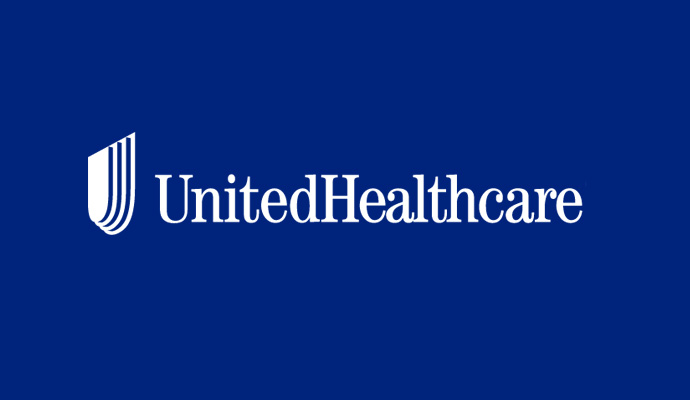UnitedHealthcare Boosts Integrated Care Benefit Program To Up Value
Enhancements to UnitedHealthcare’s integrated care benefit program are expected to streamline the member experience and promote value-based care.

Source: UnitedHealthcare
- UnitedHealthcare announced various enhancements to its integrated care benefit and specialty benefit approach for employer-sponsored health plans that are expected to simplify the member experience and increase value.
The integrated health care benefit program bundles medical and specialty benefits such as vision, dental, and disability. With enhanced chronic condition identification and management, as well as increased patient engagement in clinical care, the plan is expected to improve employee health outcomes.
A study revealed that annual medical costs went down by 4 percent for UnitedHealthcare commercial customers with integrated medical and specialty benefits.
Now, the health plan will provide employers with self-funded health plans (over 300 employees) that integrate medical and specialty benefits into their health plans with a net cost guarantee. If healthcare costs exceed projections, employers will receive an administrative fee credit.
A separate premium savings program will enable employers in certain states with fully insured plans to save up to 4 percent per year on medical premiums when combining a medical plan with specialty benefits such as accident, critical illness, and hospital indemnity plans.
The health plan also announced that it will employ a new technology that is set to simplify the payment process through automated and expedited reimbursement for members whose employers combine three supplemental health plans with medical benefits.
Following a qualified accident, hospital stay, or critical illness diagnosis, the technology automatically sends a payment to the member without them having to submit a claim or additional paperwork. The program may get benefit payouts to members more efficiently, allowing them to focus on getting well.
The technology is available to select employers in 11 states—Alabama, Arizona, Georgia, Massachusetts, Minnesota, New Jersey, Pennsylvania, Texas, Utah, Virginia, and Wisconsin—with medical and supplemental health plans, including accident, critical illness, and hospital indemnity coverage. Later this year, the health plan expects to extend the technology to additional employers in more states.
What’s more, the health plan will provide employers with vision, dental, and financial protection aggregate claims information on an interactive online tool. According to UnitedHealthcare, the information will help employers improve health outcomes by allowing them to implement more holistic clinical management programs based on the data.
The program is also set to mitigate expenses and empower employees to take charge of their health and wellness through a simplified member experience.
“These enhancements build upon UnitedHealthcare’s comprehensive approach to whole-person health, leveraging data and proactive interventions to support a simplified member experience, flag gaps in care, and help prevent disease before it starts by encouraging access to preventive care,” Tom Wiffler, CEO, UnitedHealthcare Specialty Benefits said in a press release.
“With growing evidence of a link between overall health and oral, eye, hearing and financial wellness, combining specialty benefits with medical coverage is encouraging well-being and proving valuable to employers and employees,” Wiffler continued.
These updates to the integrated care benefit approach allow for new insights that give employers broader insight into their employees’ health needs. For example, to support the health of people with diabetes and periodontal disease, the integrated approach cross-checks medical and dental health claim data to see if members have missed recommended periodontal cleanings or treatments.
Then, the health plan follows up with members who have diabetes to help schedule dental treatments or cleanings, which have been proven to reduce inflammation and improve diabetes management.
The value of integration goes beyond specialty benefits, including prescription medication and behavioral health applications. According to the payer, employers could save between $16 and $25 per member per month by choosing an integrated approach to medical and pharmacy care, all while lowering ED costs by 11 percent and inpatient costs by 15 percent.
